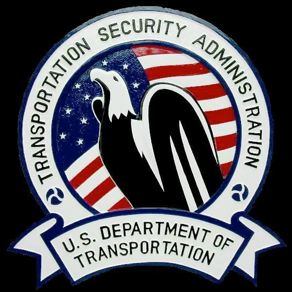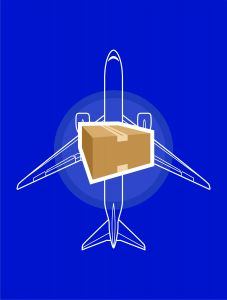 The U.S. government is tightening air cargo security after two
The U.S. government is tightening air cargo security after twomail bombs addressed to Jewish synagogues in Chicago were discovered on Friday.
One package was discovered in East Midlands Airport in the UK, being transported
by Britain’s United Parcel Service cargo planes.
Another bomb was located in a computer printer cartridge in a FedEx parcel
located in Dubai.
Though the bombs, which originated in Yemen, were addressed to synagogues,
authorities believe that the bombs might have been intended to detonate during
the flight.
U.S. officials are tentatively linking the bombs to al Qaeda’s branch in Yemen.
The group was previously responsible for a thwarted attempt to bomb a
Detroit-bound airliner last Christmas.
Both the attempted Christmas bomb and last week’s parcel bombs used powerful
industrial explosive PETN.
The Obama Administration has warned that the plot might still be in play and
bomb-laden parcels might remain undetected.
Get Peter’s take on the flaws in transportation security in his Travel Detective Blog: 8 Years After 9/11, Is Transportation
Really Safer?
 Aviation security officials have said that the discovery of
Aviation security officials have said that the discovery of
these bombs pinpoints a loophole in air cargo security that could put passengers
at risk. The parcel that was discovered in Dubai was first transported from
Yemen on Qatar Airways’ passenger planes.
In response to the looming threat, U.S. counterterrorism officials have told
local law enforcement and emergency organization to be on alert for suspicious
packages like ones that are from a foreign origin without a return address or
with excessive postage.
In addition, Germany, Britain, France and most major cargo firms have suspended
all airfreight from Yemen today. Britain and Germany have suspended all direct
passenger flights from the country as well.
Nigerian authorities are doing their part by stepping up their usual X-ray
screening procedures. They are also using scanners for detecting explosives on
all cargo headed to the United States.
The near miss has many in the aviation industry calling for all air cargo to be
scanned with imaging technology designed to detect explosives.
In the past, freight firms have been reluctant to pay for bomb-detecting scans
because of the cost. Last year, freight companies argued with policy makers in
the U.S. and Europe over plans to have 100 percent of sea containers scanned by
2012.
Currently, the U.S. Transportation Security Administration scans 100 percent of
all cargo on domestic and international outbound flights. The administration,
however, is not able to screen cargo coming into the United States from foreign
countries.
By Adriana Padilla by PeterGreenberg.com.
Related Links: Reuters, Florida Today, Yahoo/AP
Related Links on PeterGreenberg.com:
- Air Cargo Screening Mandate Begins
- TSA’s Virtual Stripsearches: X-Rated Pat-Downs Fuel Privacy
Backlash - The Travel Detective on New TSA Regulations
- European Officials Rebel Over American Security
- 8 Years After 9/11 Is Transportation Really Safer?
- Travel Safety & Security
- New Fast Airport Security Screening Technology: Innovative
Or Invasive?












